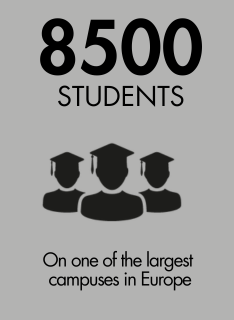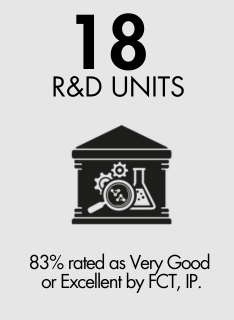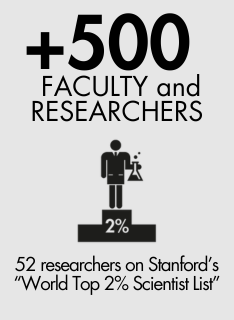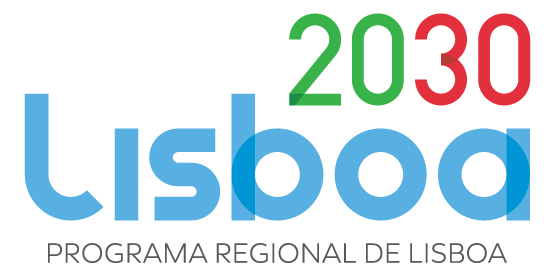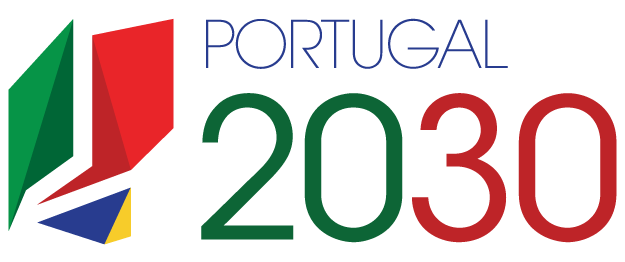Admission Requirements
Applicants must meet the admission requirements set out in the General Regulations for PhD Programs at NOVA FCT.
In addition, candidates must meet at least one of the following criteria:
- Hold a Master’s degree in Physics Engineering, Physics, or related scientific areas, or a legally equivalent qualification, with a minimum final grade of 14 (out of 20);
- Hold a Bachelor’s degree in Physics Engineering or a related field with a minimum grade of 14 (out of 20), and possess an especially relevant academic or scientific curriculum recognized by the Scientific Council as demonstrating the ability to undertake this study cycle;
- Hold an academic, scientific, or professional curriculum in the field of Physics Engineering that is recognized by the NOVA FCT Scientific Council, upon proposal from the Department of Physics Scientific Committee, as demonstrating the ability to undertake this study cycle.
Selection criteria
The selection of candidates is the responsibility of the PhD Scientific Committee, based on the evaluation of the submitted documentation. Potentially eligible candidates may be invited for an interview.
The Scientific Committee of the PhD program in Physics Engineering may request additional documentation from the candidate if deemed relevant for the evaluation of the application.


